On the one hand, the slowdown in the growth of car sales, on the other hand, the traffic is increasingly congested, and travel efficiency has become a topic of concern for the entire automotive industry and even the whole society. We have recently heard news of major car companies sharing travel projects. Although they are dissipating immediately, they have deep meaning behind them, mainly to improve travel efficiency. Now let's take a look at what the car companies are brewing, and what kind of waves will set off.
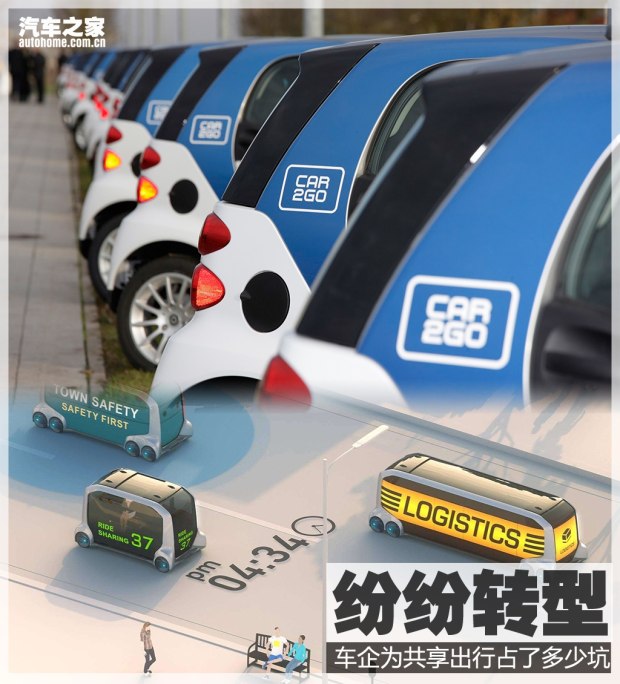
â— How many brands did you hear about the travel brands created by car enterprises?
The concept of car sharing includes emerging riders, online vehicles, time-sharing rentals, P2P car rentals, and traditional business car rental business models. After our combing, it was discovered that car companies had tested the shared travel project long ago. After Daimler launched Car2go in 2008, companies such as BMW, Renault, Toyota, and Ford followed suit. With a long list down, perhaps most of the domestic consumers have not heard of these service items. There are two main reasons: First, car companies have not promoted themselves to a large extent, and secondly, domestic car sales have been high. No less, no time to attend to other types of travel needs.
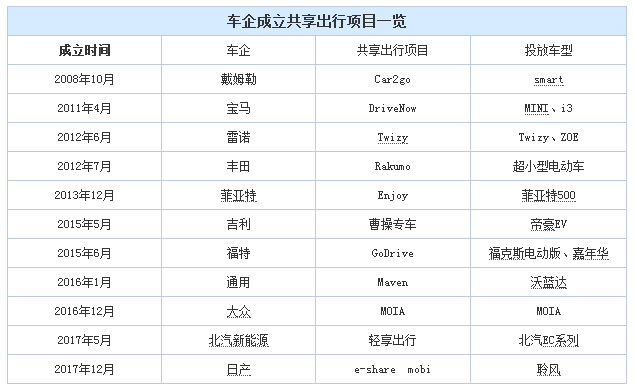
However, with the rise of travel service companies such as Uber and Didi, the tide of shared travel has eroded the profits of traditional car sales models. Just like sharing a bicycle, when everyone can use a bicycle effortlessly, everyone loses interest in owning it. A survey by consulting firm Boston predicts that by 2021, new car sales will be reduced by about 1% for shared travel, and car manufacturers will lose more than $8 billion annually. Cakes have been shaken. These automakers must consider the business other than selling cars. No matter whether they are active or passive, they must take the big boat that will serve them, so as not to be abandoned in the era of no longer buying cars.
1, from the "not to the heart" to invest heavily
In the early days, the determination of auto makers to make services was not firm. They just sold cars in another way or promoted their brand image. At the very beginning of Rakumo’s launch, Toyota publicly stated that the sharing service was launched to allow more young people to access Toyota’s products; Renault’s Twizy electric vehicle sharing project was sold to other management companies; Volkswagen’s 2011 Quicar There has been no splash, and MOIA was officially launched at the end of 2016. It can be seen that car companies are not willing to directly intervene in emerging market models from the very beginning.
However, since 2015, various car companies have successively shouted the slogan of "transformation to travel service providers" and began to invest heavily. For example, the latest investment news shows that Volkswagen Group announced at the Geneva Motor Show that by 2022, Volkswagen will invest more than 34 billion euros in electric vehicles, autonomous driving, digital networks and mobile travel services.
The domestic market, through the promotion of new energy vehicles, has also brought a share of the travel market. Although Geely and Beijing Automotive New Energy entered late, they have developed rapidly. The valuation of Geely's Cao Cao special car has exceeded RMB 10 billion. Beiqi New Energy has hatched four or five subdivided electric vehicle sharing trips. The consulting firm Roland Berger believes that China is the market with the most urgent demand for car sharing and the highest maturity in the industry.
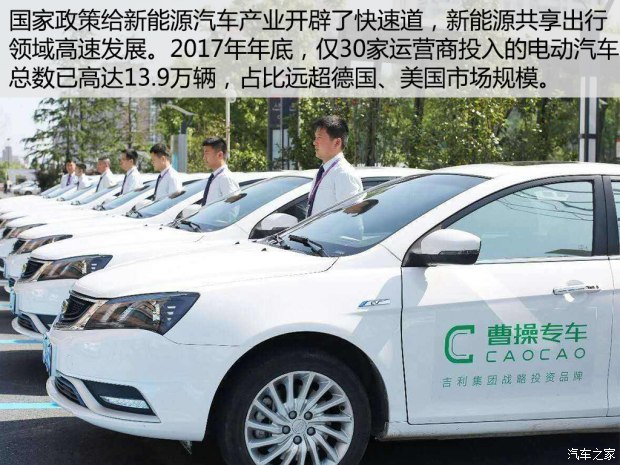
2, from the transformation of semi-finished products to launch a new series
Most of the vehicles initially put into operation were based on the company’s existing vehicle system. As with taxis, the so-called “rental version†is actually a reduction in the use of civilian models, and lacks the concept of customization. At the time when the network was about to become popular, only taxis with a clean and tidy, ready-to-use paper towel and other details were used to spike taxis. Imagine if you have a vehicle that is built specifically for shared travel, which is safer, more convenient, and more efficient, it will greatly improve the user experience.
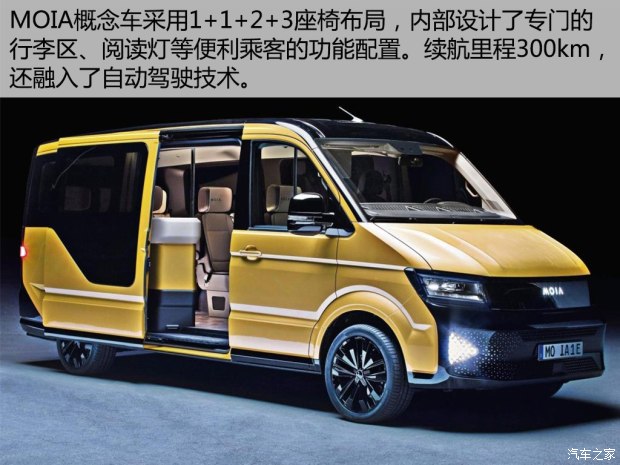
"Volkswagen MOIA concept car"
Volkswagen Group launched the 13th self-branded MOIA mobile travel brand at the end of 2016. Early adopters like Volkswagen Atlas and other "minibuses" models, until the 2018 Geneva Motor Show launched the first MOIA concept car, is a ride 6 People's all-electric shared vehicles, tailor-made for time-sharing leases and online booking vehicles. Volkswagen has high hopes for MOIA. Its goal is to become one of the world's top three mobile companies in the next 10 years. The largest markets for MOIA brand will be Europe, the United States and China.
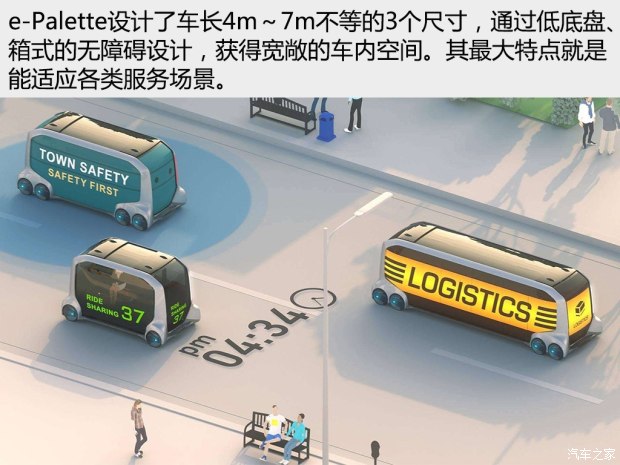
"Toyota e-Palette Intelligent Travel Platform"
The MOIA concept car is similar to Toyota's e-Palette smart travel platform announced at the Consumer Electronics Show in North America at the Consumer Electronics Show in North America two months ago, but the e-Palette is much more radical, which is equivalent to a pure electric chassis with automatic driving capability. Combined with different types of carriages, it can be used for many purposes such as shared rides, retail goods, cargo transportation, offices, and kitchens.
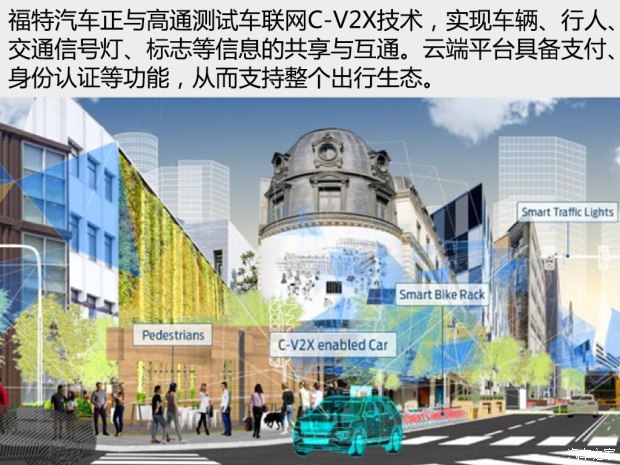
"Ford's vision of a future smart city"
Compared to Volkswagen, Toyota's innovation in the product itself, Ford's layout has risen to the level of the traffic environment. It is establishing a travel service cloud platform to link all elements of urban transportation and create a smart transportation system. We often say that the car is only a part of the traffic environment. For example, the domestic car ownership rate is far behind that of Tokyo, and traffic jams have a lot to do with New Delhi. This is because the overall traffic environment needs to be optimized. Perhaps Ford's approach will not be immediate, but starting from the top level will maximize travel efficiency.
It can be seen that the future shared travel vehicles will basically have these four characteristics: customization, electrification, automation, and network integration. But back then, did the car company bet on this trend? Among car companies with similar positions, BMW emphasized that both “Yuehua†and “Yuexiang†are equally important. Driving experience is still its core appeal; manufacturers such as Audi and Cadillac are still trying to help sell cars through virtual reality technology. This means that the automaker still regards owning cars and driving cars as mainstream demand in the short to medium term. Therefore, the company's product plan may be divided into two lines, one for private users and the other for sharing travel users.
3. From singles to mergers and acquisitions
The two strong BMW and Daimler in the German are interested in merging DriveNow and Car2go, their respective travel businesses, to form a joint venture to jointly fight Uber and Didi. From the beginning of 2018 to the present, BMW and Daimler successively bought out all the shares that they share in the travel brand, which has smoothed the way for the merger of DriveNow and Car2go.
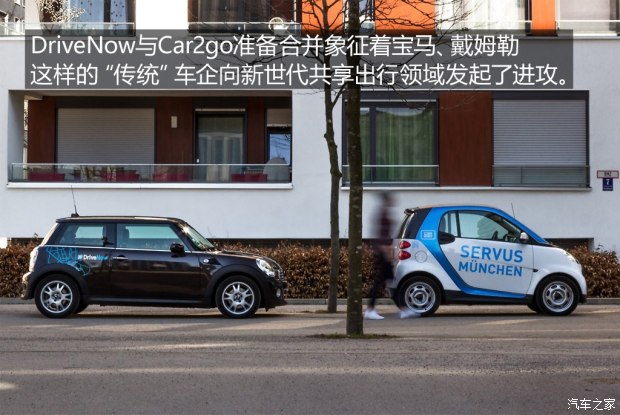
Currently, the cost of operating a car-sharing platform is quite expensive. Mergers can share operating resources, including back-end services such as IT technology, which will bring good cost control and provide users with bundled discounts. It is understood that the joint venture will cover electric car charging and digital parking services in addition to providing car sharing services. Both Car2go and DriveNow have already landed in the Chinese market. Once they are combined, they are expected to bring more vehicle models and more convenient outlets to consumers.
In the face of the turbulent tide of change, car companies have developed in groups and have diversified cooperation and development. Yesterday’s competitors may be today’s partners. The cooperation between BMW and Daimler will definitely not be a case. The reading of Li Shufu, the chairman of Geely Automobile, who had angered Daimler some time ago, is: “The global auto industry faces tremendous opportunities for innovation. It is difficult for us to win this war. We must refresh our thinking, work with our friends and partners, and occupy the technical commanding heights through collaboration and sharing."
◠Vehicle enterprises that do not “strengthen strength†are not good service providers
Although car companies are investing heavily in the travel business, new internet companies are emerging in the market. In contrast, traditional car companies do not have the inherent advantages of operating a travel service platform. First, business-related big data and cloud platform construction are not the strengths of manufacturing companies. It takes time to reorganize teams. On the other hand, the rapid-response and constantly-upgrading cultural genes of Internet companies are more suitable for service industries than conservative car companies. .
Therefore, car companies investing in Internet travel companies are currently the fastest way to achieve large-scale expansion and help digest car production capacity. Learning experience from Internet companies in exchange for car data for consumers can also allow car companies to get closer to consumers and use consumer feedback for car manufacturing.
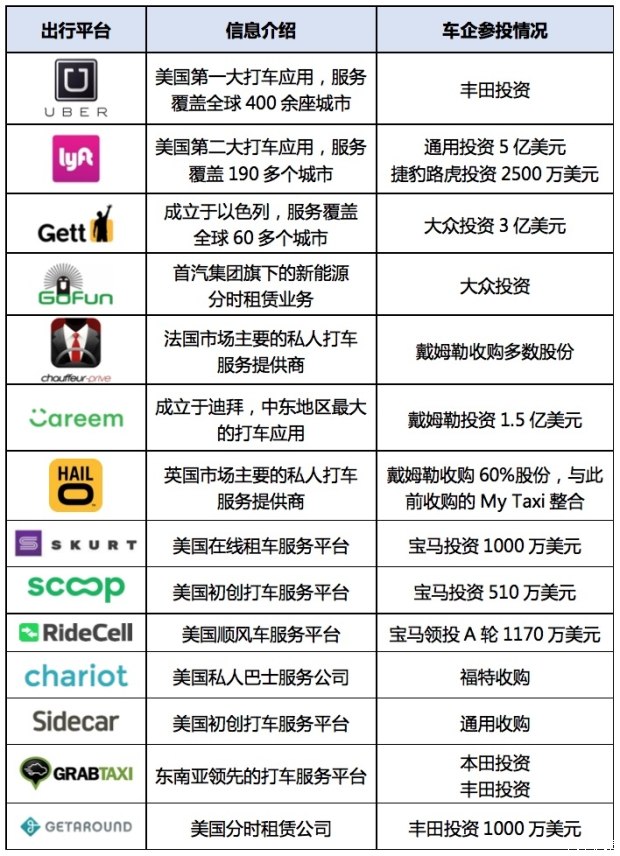
In the past two years, car companies have invested heavily in Internet travel companies and have acquired acquisitions, and they have not only started with one. However, Internet products are usually the only second largest boss to harvest the vast majority of traffic, users can not install too many taxi software on the phone, if not within a short period of time become a leader in a segment of the market, it is easy to be drowned. At present, the fight between various platforms is still continuing, and the car enterprises are still betting.
At the same time, the Internet travel platform is not at ease, Uber, Lyft, etc. are involved in the field of automatic driving, and the conflict brought about by the mutual cross-border between the two parties is inevitable. The tripping CEO Cheng Wei once said: “One day, there will be a war between the travel platform and the hardware manufacturer.â€
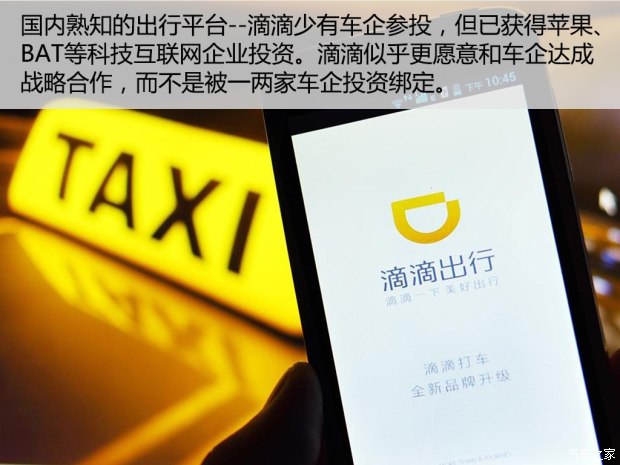
Full text summary:
Closely integrated with future travels are various areas of electric technology, automatic driving, communications, and maps. Therefore, at present, automobile manufacturers are actively embracing the Internet, and many new technologies are implanted into automotive products, making the car look like an outdated product, but a mobile intelligent terminal that carries such scenes as travel, life, entertainment, and office. At a deeper level, the mobile travel industry chain will also pave the way for unmanned driving. Auto companies need close contact with travel users and big data after the travel network. Although it seems to be complicated, the vision of the car company is consistent with the needs of consumers, so that it is easy to move, maximize driving pleasure, and minimize traffic accidents and road congestion.
Perfluorinated Ion Exchange Membrane
Perfluroinated Ion Exchange Membrane,Cation Ion Exchange Membrane,Advanced Ion Exchange Membrane,Cation Ion Exchange Membrane
Mianyang Prochema Commercial Co.,Ltd. , https://www.gustek.com
